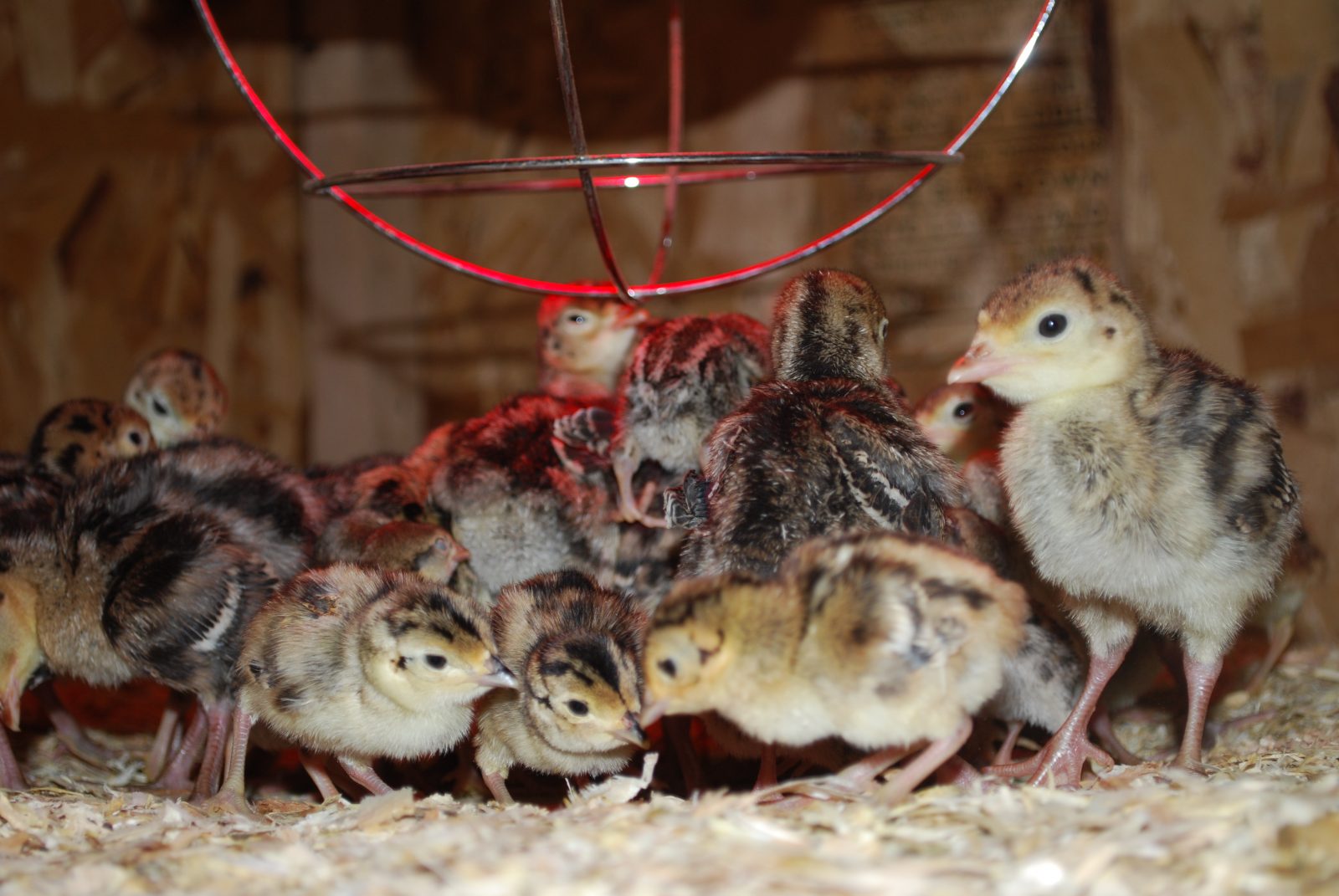The Ministry of Forests, Wildlife and Parks has discovered the first three cases of highly pathogenic avian influenza (HPAI), or bird flu, in Granby, Saint-Jean-sur-le-Richelieu and Saint-Isidore-de-Laprairie in Montérégie.
The virus was found in a Canada goose and two snow geese in southwestern Quebec. According to a press release, cases of bird flu were expected in the province. There have been HPAI cases among wild and farmed birds across Canada since December 2021.
The virus is common among wild birds, especially in “aquatic species such as geese, ducks and seagulls.” It rarely leads to any clinical symptoms, however, it has caused “sporadic mortality.” But the flu is particularly dangerous, and more sensitive to domestic poultry.
It can have a devastating effect on the industry. The virus is transmitted through feces and secretion of infected birds. And it can be introduced onto a farm by humans, as well, since they can carry it on their hands or boots. It can also come through contaminated materials.
Marie-Thérèse Bonnichon owns the Ferme Au Pied Levé in Magog. It’s a modest sized farm, where visitors can walk through the countryside and frolic with various animals, including a number of different birds. She has been preparing her farm to combat bird flu for weeks.
“We don’t want to spread the virus. We don’t want to be a source for an outbreak of the virus. The birds that we have, if they catch the virus, then we’ll lose them,” said Bonnichon. Most of her birds — chickens, ducks, and turkeys — roam free outside making them easy targets.
Subscribe to The Record for the full story and more






